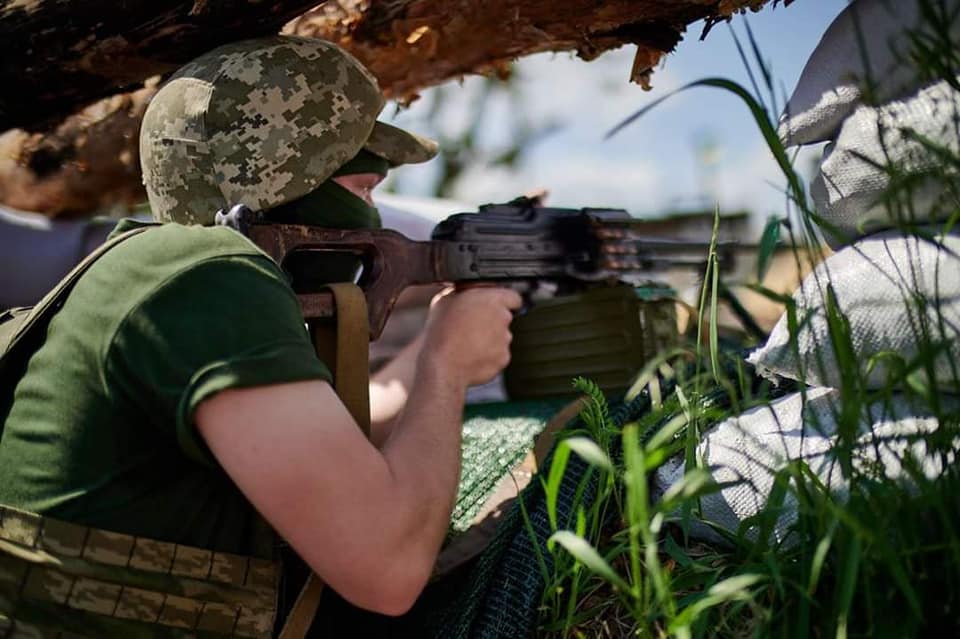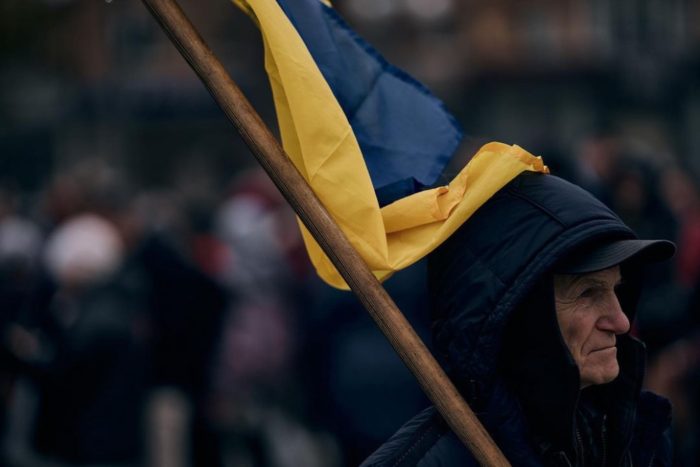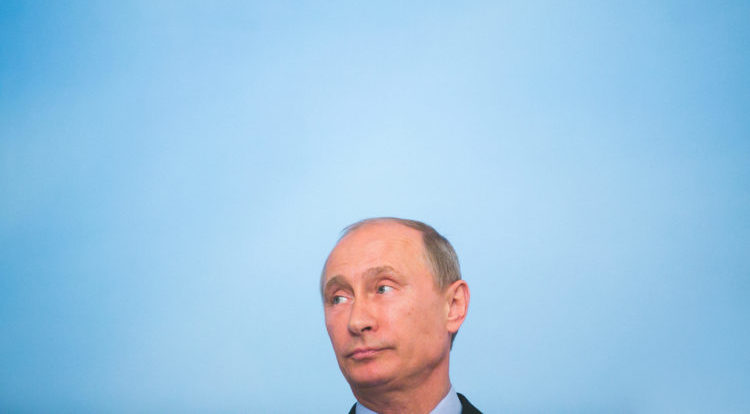Shortly after the war started on 20 February 2014, Russia established the two proxy “self-proclaimed Donetsk and Luhansk People’s Republics. Despite calls to be incorporated into the Russian Federation, Putin kept his proxies at arm’s length for eight years. In contrast to recent statements, and right up to the point when he “recognized their independence” on 21 February 2022, he insisted that the territories were an integrated part of Ukraine.
This allowed him to conduct a low-intensity war in Ukraine for more than eight years while upholding a “hope for a peaceful resolution” which helped ensure that the West did not provide Ukraine with the defense support it desperately needed to rebuild its Armed Forces.
The strategy also helped undermine Ukraine through the parallel and synchronized use of both military and non-military means (hybrid war). It had a direct impact on people's costs of living, trust in government, the functioning of institutions, international investments, and international perception of Ukraine and willingness to support the country. It tried to exploit the protest potential of the Ukrainian population.
Knowing that NATO does not want to engage a nuclear power in an open confrontation and recognizing that the West lacks the “military culture” needed to act resolutely, Russia has for more than a decade actively used the information space to shape the mindset of key decision and policymakers that a confrontation will lead to WW3 and the potential use of nuclear arms.
The past gives hints for the future.
While the full-scale invasion is a break from the past military strategy, the Russian aim and objectives are built upon the same strategic assumptions.
- Firstly, it remains convinced that the West will not intervene militarily in Ukraine for fear of a broader confrontation with Russia.
- Secondly, by gradually turning the war into a “low-intensity military conflict” along the new frontline in Luhansk, Donetsk, Zaporizhzhia, and Kherson, the West will slowly lose focus and interest.
- Thirdly, the constant threat of a renewed attempt to conquer more territory will continue to exhaust Ukrainian resources and influence its resilience.
- Fourthly, having established a maritime blockade, occupied nearly 33,5% of Ukrainian territory and maritime areas under its jurisdiction, and destroyed more than $103 billion worth of infrastructure, it has effectively undermined the basis for a financially viable Ukraine.
The facts “on the ground” (and at sea) support the assessment.
The USA and NATO remain unwavering in their decision to avoid a military confrontation with Russia over Ukraine (and international rule of law, the security architecture our security and prosperity are based upon).
Ukraine already fears a long war might cause the West to lose interest. This is a part of their hard-earned experience after 8 years of war. The initial flurry of diplomatic activity, statements of concern, and condemnation in 2014 were never translated into substantial support.
On the contrary, the West signed on to the Minsk Agreements as the only option for a peaceful resolution of the war, even though they by default could never create peace. The USA and Europe refrained from helping Ukraine rebuild deterrence.
Minsk-2 is the real problem for Ukraine, not “Steinmeier’s formula” | Infographics
Annexing and uniting the occupied territories into a separate federal district of the Russian Federation will continue the process of undermining the Ukrainian state and nation. The war has already changed the demography in the regions. Millions of Ukrainians have either become internally displaced or refugees. Local residents are being filtered by the occupation authorities and many are forcibly relocated to Russia or detention camps. Russians are reportedly already bringing their families to the newly occupied regions.
As a consequence of the war, Ukraine already needs more than $5 billion a month in support to uphold the basic functions of the state. This is a result of the maritime blockade, the loss of industry and agricultural areas, reduction in business activity, and more. Unless Ukraine receives the tools it needs to evict Russian forces and break the maritime blockade, this will not change in the foreseeable future.
Assumptions are, however, the mother of all F*ups.
The Russian assumptions might very well change as the full force of the “tsunami of ripple effects” from the war starts influencing the West. Italy’s right-wing leader Matteo Salvini argued the war is still ongoing in September it will be economically a disaster for Italy. He is probably voicing the concerns of many as it is a more explicit description of the finding of the UN report “Global impact of the war in Ukraine.”
Furthermore, having invested so much prestige in a Ukrainian victory, NATO cannot afford to lose it to the Russian Federation. The Alliance will be left without any credibility after having both failed to act according to its strategic concept and transferred billions in arms supplies to Ukraine in support of its “declared” aim of ensuring a Ukrainian victory and punishing Russia.
Furthermore, the consequences of a potential Russian victory in Ukraine are far too dramatic for European security for NATO to accept. As Ukrainian Soviet legacy weapons and ammunition are slowly getting depleted, the Alliance will find itself between a rock and a hard place. It either accepts defeat, or it must intervene directly. The weapons available will soon be limited to those that require NATO-educated and trained operators to function effectively.
Related:
- Why long-range Western MLRS can become a game-changer for Ukraine
- Russia’s war with Ukraine affects billions. NATO could end it in a moment.
- NATO: Collective Defense or Collective Denial?
- NATO’s defining moment is now or never
- NATO’s foot-dragging amid Russian atrocities in Ukraine is indefensible





